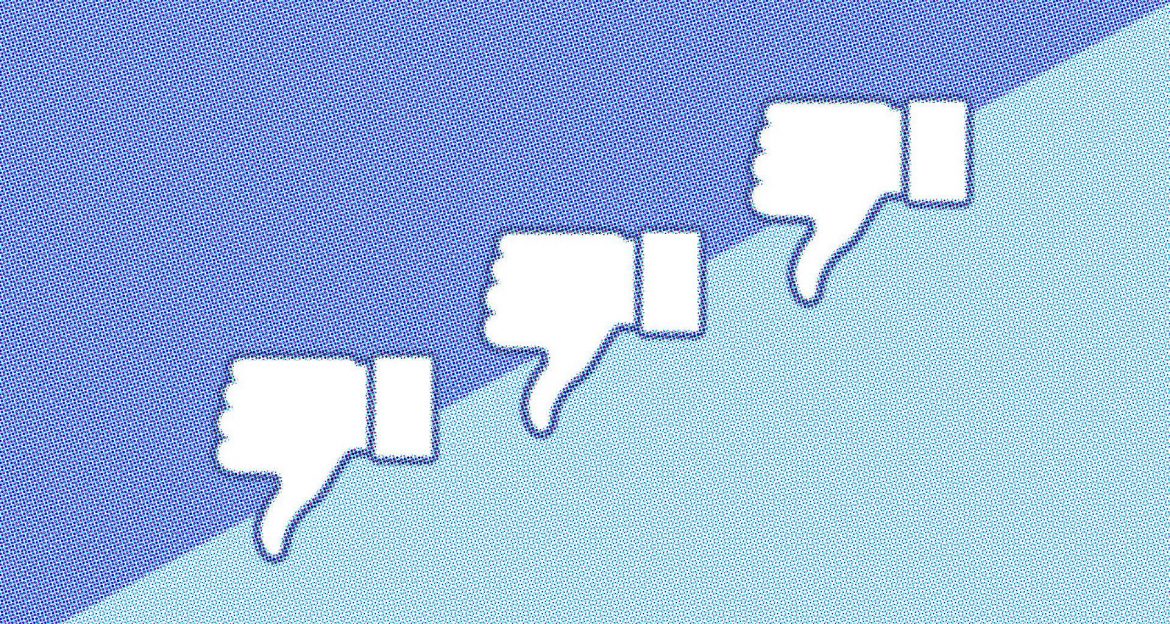Technology News – Facebook’s ongoing privacy scandal could engulf one unsuspecting sector of the economy — the mom-and-pop businesses that rely on it for their marketing outreach.
“Businesses like the fact that there’s such a wealth of information that’s available through Facebook,” said Glen Gilmore, a digital marketing consultant and an adjunct professor of digital and social media marketing at Rutgers University Business School.
That information could be harder to come by in the future. The embattled search giant pledged this week to make it easier for users to control their data, as the furor from both Washington and Wall Street continued to generate headlines. Analysts speculated that the wave of bad press could prompt at least certain populations of users to disengage from the platform, either by deleting their profiles entirely, cutting down on their usage, or making their privacy controls tighter.
“Of the 2 billion users on the platform, roughly 2 to 3 percent of this key base could stop using the platform in light of privacy and data concerns,” said Daniel Ives, chief strategy officer and head of technology research at GBH Insights, calling the crisis the “darkest chapter in the company’s history.”
Even prior to the scandal breaking, younger users were drifting away from Facebook, according to research from eMarketer, which predicted that the site will lose 2 million users under the age of 25 this year. While some migrated over to Facebook-owned Instagram, others are defecting to rival social sites like Snapchat, which has fewer opportunities for businesses to market to users.
Facebook has still been adding users overall, since more older people are continuing to sign up, said eMarketer principal analyst Debra Aho Williamson, but members of this demographic are more likely to have concerns about how their data is being accessed and used, and alter their behavior accordingly.
“Anecdotally, a lot of people I know in Gen X or the Baby Boomer generation are speaking about the fact that they’re more concerned,” she said.
That’s particularly bad news for small businesses, which rely to an outsized degree on social media generally and Facebook in particular to reach customers today.
“The vast majority of the advertisers and businesses on Facebook are on the smaller side,” said Brandon Verblow, an associate forecast analyst at Forrester Research. A Forrester survey of small businesses found that more than 40 percent said they use social networking sites for advertising and promotions. “This is noticeably higher than all other forms of digital and offline marketing,” he said.
“There’s no platform on the planet that can provide the granular targeting to reach your target market so inexpensively,” said Facebook marketing expert Mari Smith. “It would take multiple touch points, both paid and organic, to reach them on other platforms,” she said — although mom-and-pop stores would face both logistical and financial challenges trying to replace Facebook with a multifaceted combination of everything from YouTube videos to direct mail Smith said would be necessary to match its reach.
Facebook’s ability for advertisers to target people within very specific parameters has been a game-changer, but companies have to be careful how they wield those insights, especially in an advertising environment where consumers are more sensitive about how much an advertiser seems to know about them.
“The things that creep us out about Facebook are the things that give it the ability to be so valuable to businesses,” Gilmore said.
“This dynamic makes advertising much more affordable and accessible to smaller businesses with leaner marketing budgets,” Verblow said. “It is in part because of its appeal to small businesses that Facebook has achieved such strong growth over the past several years.”
This scandal now threatens that growth. “Assuming advertising churn, lower engagement metrics and a backlash on user growth… Facebook has about $5 billion of advertising revenue annually at risk,” Ives said.
There is a possible silver lining for small businesses: The prospect of lower advertising costs, at least in the short term — although whether or not they have enough receptive eyeballs on the other end remains to be seen.
“Trust in Facebook relative to other platforms is low,” Verblow said. “Even if users don’t delete their account or spend less time, it could make them less likely to share information with Facebook going forward.”
by Martha C. White, NBCNews.com

